June 29, 2016
On June 22, 2016, South Texas College of Law announced that it was changing the name of the school to “Houston College of Law.” The school also introduced a new color scheme on its website[1] that is predominantly red and white, with shades of gray. As a bookend to the public announcement, it appears the school also filed a trademark application for the word and design mark HOUSTON COLLEGE OF LAW EST. 1923, with a filing date of May 12, 2016.[2] The trademark application also asserts a date of first use of April 6, 2016.
Name changes can be a good thing. Typically. A rebranding can assist in drawing attention to a stale mark or product. It can attract new customers. It can introduce a product or service into a previously under-represented industry. In essence, this is what trademarks are for: to assist the consuming public in identifying the source of goods and services. The only problem is that “Houston College of Law” looks and sounds like “University of Houston Law Center,” which has been in existence in the same geographical area since approximately 1947.[3] The University of Houston has also embraced a red-and-white color scheme since the late 1930s.
As you can imagine, this name change and color scheme did not sit well with the other local law school. On Monday, June 27, 2016, the Board of Regents of the University of Houston System filed a lawsuit in the Southern District of Texas, Houston Division against South Texas College of Law.[4] The Complaint asserts causes of action for trademark infringement, unfair competition and false designation of origin, false advertising, dilution by blurring or tarnishment, and related state and common law claims.[5]
Now that this matter is in the court system, what can be expected and how should this play out?
Continue reading
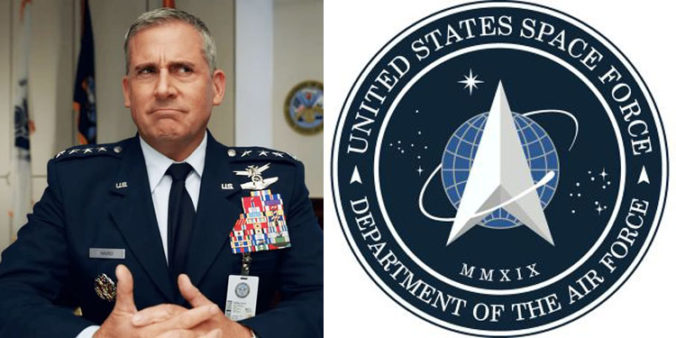
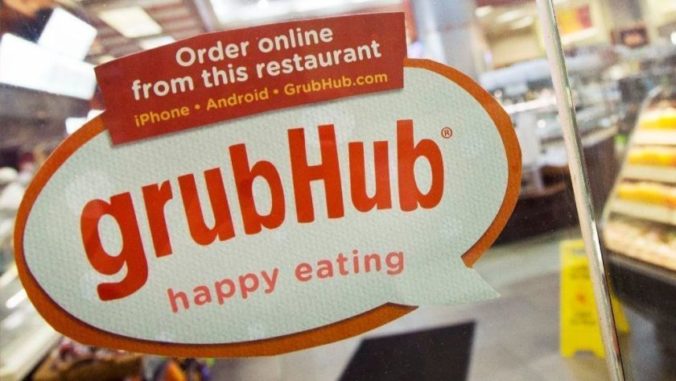
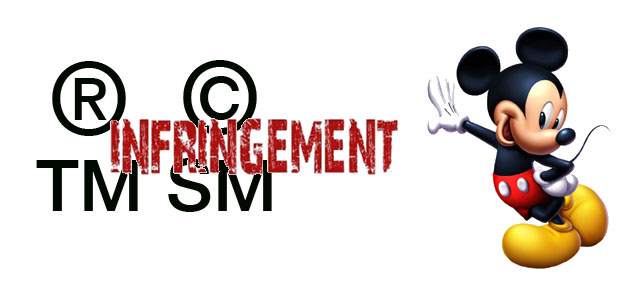
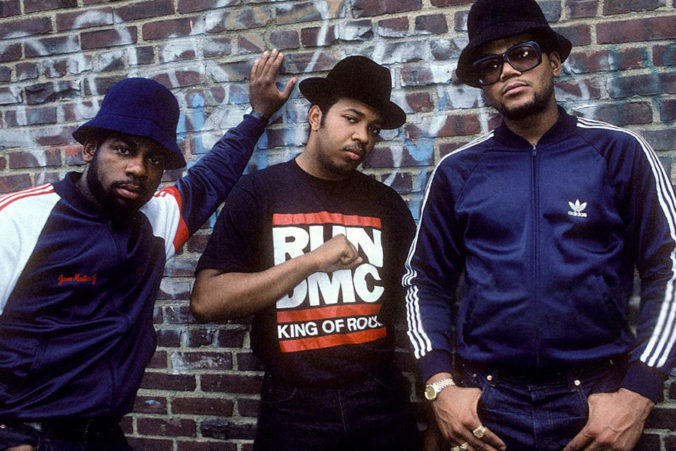
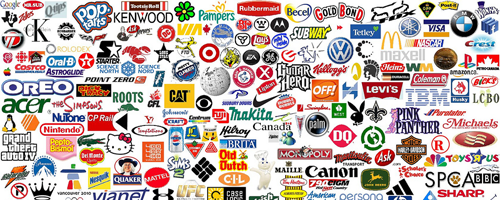
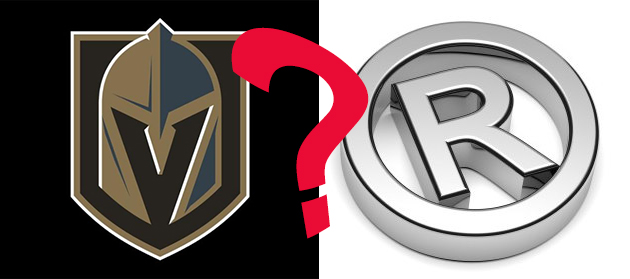
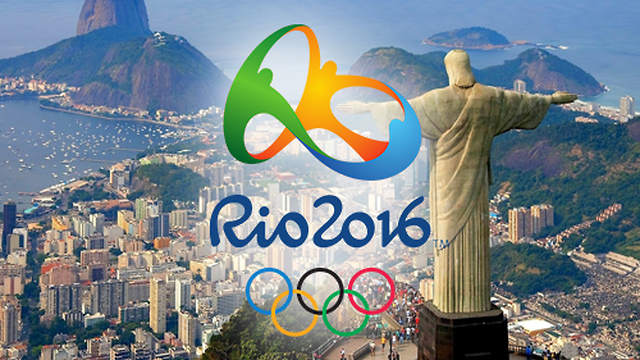
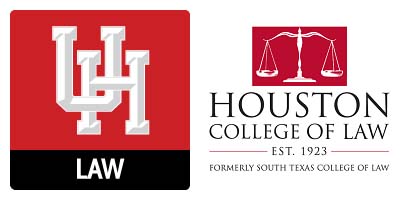
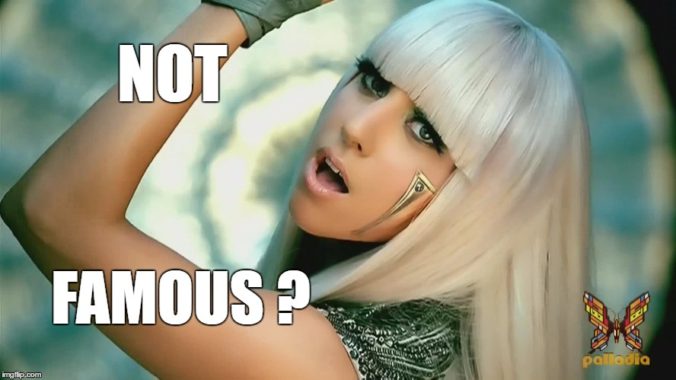
Recent Comments